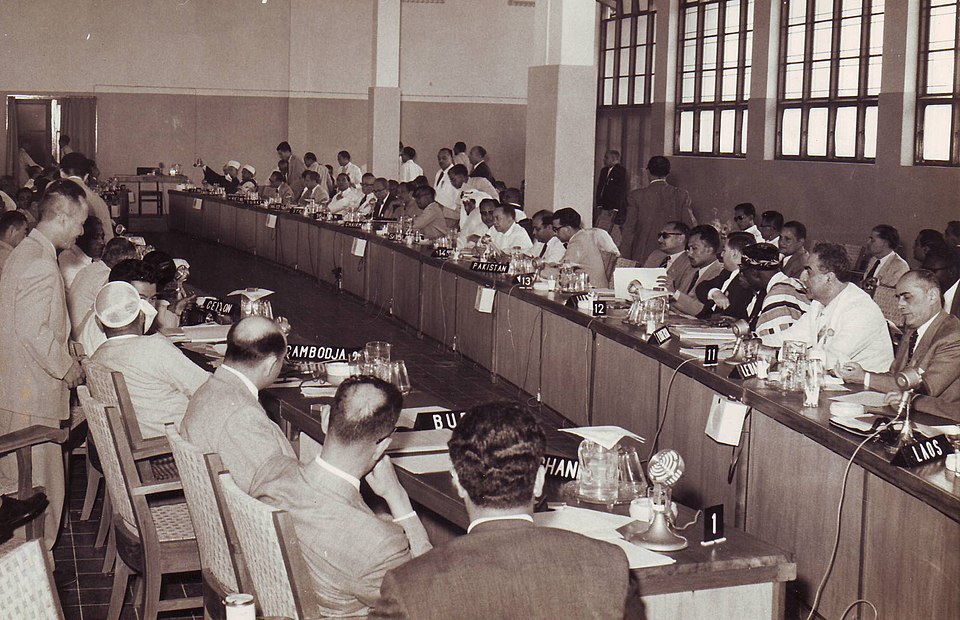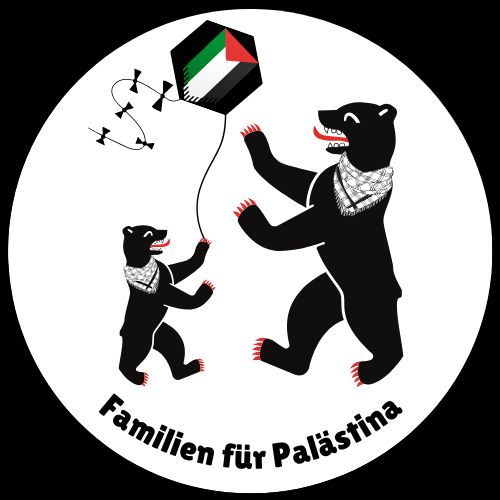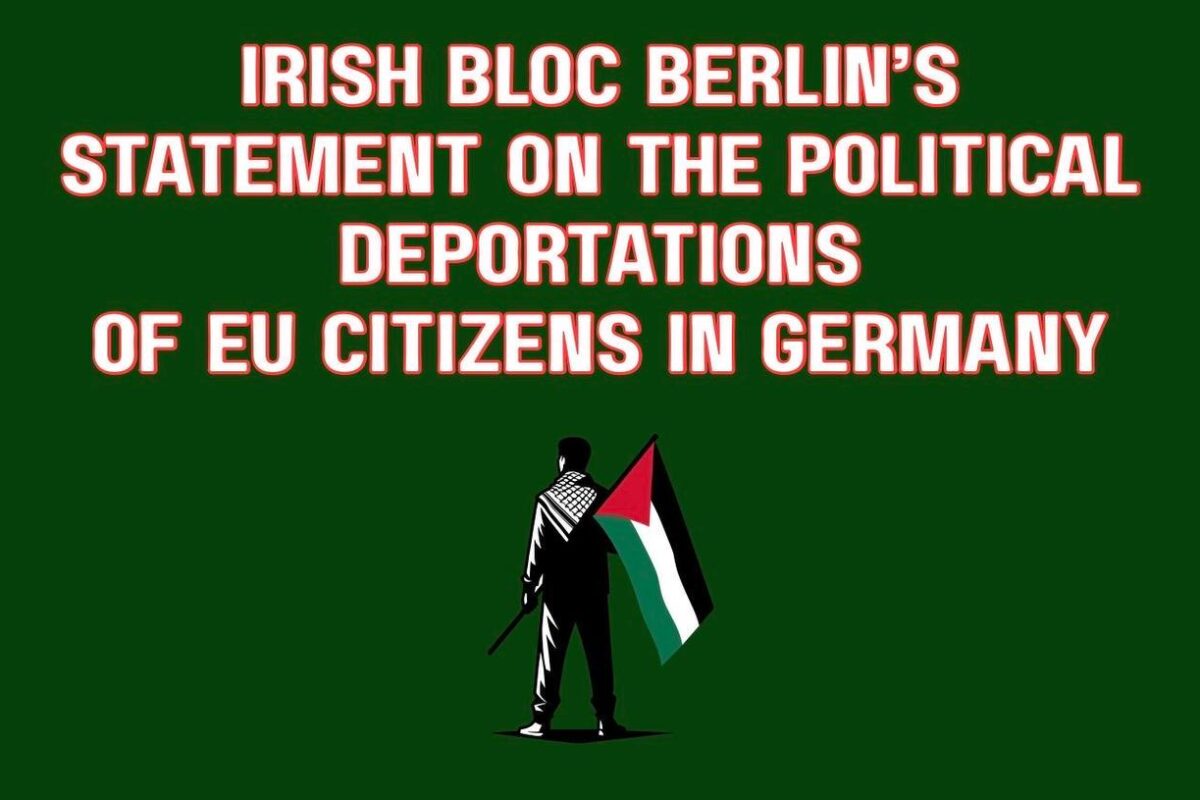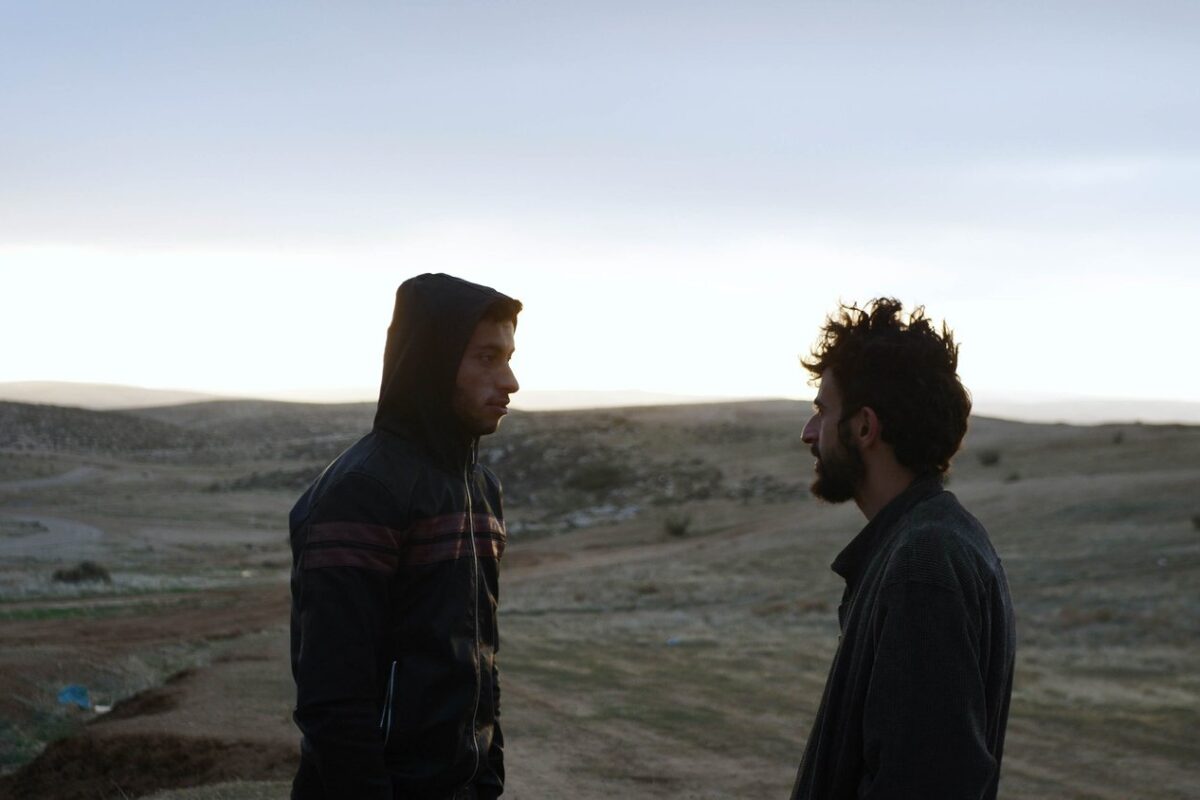Yehudit Yinhar (YY), an artist and activist based in Berlin, is co-founder of the School for Unlearning Zionism, which is running a series of online events and an exhibition this month. ,After claims made about speakers in the October program the KHB turned against the project, blocking the funding and the website of the Kunsthalle hosting the October program., The Antonio Amadeus Foundation, meanwhile, has added the School for Unearning Zionism to its database of antisemitic incidents. Interview by Phil Butland (PB)
PB: Could you start by explaining the idea behind the School for Unlearning Zionism?
YY: The School for Unlearning Zionism was created by a group of Jewish Israelis – artists and researchers – who were interested in reflecting on the hegemonial narrative in which we were raised. It’s a space in which we reflect on the personal and the political in our story, as well as places of power often being invisible to those who are part of it.
We’ve been meeting regularly for almost a year and having this conversation in Hebrew. We’re a group that is quite dynamic – and it’s always been an open format. We thought that so many valuable things are happening in that space that we wanted to share it with others and open it up for joint learning for anyone who’s interested in taking part. That is where the “October Program” was born, where we invite people for the month of October to discuss different historic events that happened in October and look at the hegemonial narrative through these events.
PB: How have things gone so far?
YY: So far, it’s been wonderful! People are very curious, asking super interesting questions. Part of our intention is to create a space in which knowledge which is not usually part of the conversation we were raised in can be presented and discussed and new connections of knowledge can be made.
In that sense, the people who are coming to our sessions are also asking questions from an intersectional or transnational perspective. That is very exciting for us, as part of the work that we’re trying to do, and the spaces of belonging which we’re trying to create, are based on more than ethnic or national identity.
PB: You have had some problems with your funding. Could you explain what happened there?
YY: I am an art student at the Kunsthochschule Berlin Weißensee (KHB). The October Program is hosted by the Kunsthalle at Hamburger Platz, which is an independent learning space of the KHB. A complaint was made to the University that four speakers of our “October Program” are associated with the Boycott, Divestment and Sanctions (BDS) movement. The next thing we know, the University says our project “is not funded by public money” (meaning it’s budget has been blocked by the KHB who has since then created a link to a ,,statement on their website distancing themselves from the project which names the BDS resolution)
Our Program is not about BDS but we refuse to accept “BDS: yes or no?“ as the parameters of our conversation.
German institutions cannot claim ownership on which Jewish, Israeli and Palestinian stories may be told publicly – and which should be boycotted (ironically enough). Here we see, again, a German insitution discriminating against marginalized communities and voices because they are saying things which are not part of the German hegemonial narrative.
PB: What can people do to support you?
You can support us by coming to our lectures and listening to our speakers who have many interesting and important things to say! Also visit our exhibition at the Kunsthalle am Hamburger Platz! You can create more positive and constructive/productive discussion around these topics, which is meant to include everyone. You can create more schools for unlearning, because there are many more things that we think should be unlearned, and we’re not the only ones who have homework to do.
You can find the programme for the School for Unlearning Zionism here.
This week’s lectures are as follows:
- Wednesday, 7.30pm: The Second Intifada, Oslo and What Comes Next with Marwa Fatafta and Salem Barahmeh
- Thursday, 7.30pm: Reclaiming and Archiving Palestine by Palestinians as an Emancipatory Practice with Farah Yahia and Majed Abusalama
You can see videos from the previous meetings here.



